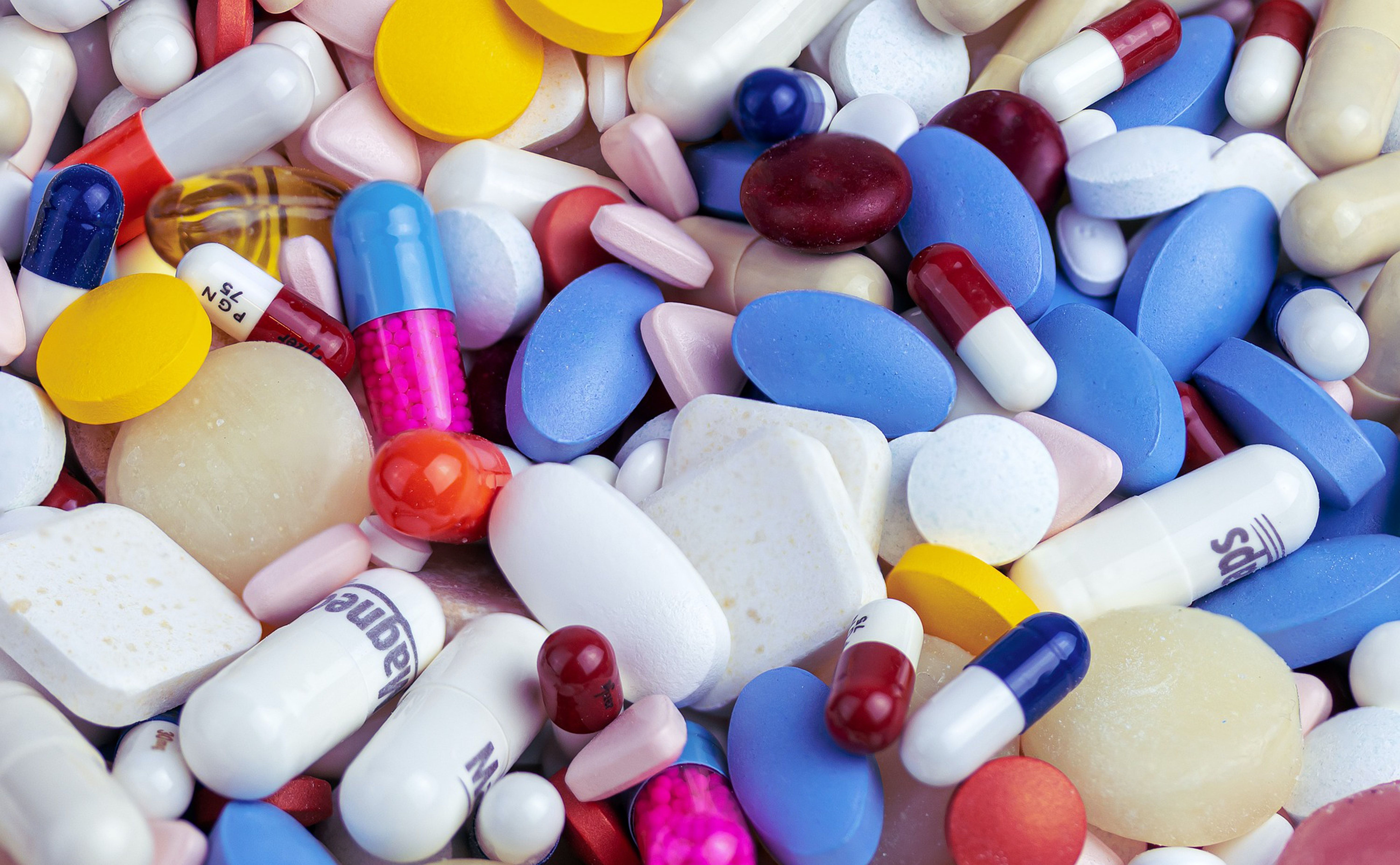Article
Adverse Drug Reactions Underreported Following Biologic Therapy for IBD
Author(s):
More than half of the patients in the study were treated for inflammatory bowel disease with infliximab.

There was a stark difference in adverse drug reaction (ADR) reporting from inflammatory bowel disease (IBD) patients treated with biologics and healthcare providers (HCP).
A team, led by Pepijn W. A. Thomas, MD, Department of Gastroenterology and Hepatology, Radboud University Medical Centre, systematically assessed patient-reported adverse drug reactions during biological treatment in IBD data and compared the results with healthcare provided reported adverse drug event data.
The Treatment
Biologic use in becoming increasingly popular for IBD treatment. Between 2007-2015, the use of this class of drugs increased from 22-42% for Crohn’s disease patients and from 5-16% for ulcerative colitis patients.
While this type of treatment has proven to be effective, they are often associated with drug reactions that can harm the patient or lead to the discontinuation of therapy.
There is only limited data on the extent and burden of adverse drug reactions for IBD biologic therapies in daily practice, particularly from the perspective of the patient.
In the multicenter, prospective, event monitoring trial, the researchers examined 182 IBD patients on biological medications. The mean age of the patient population was 42.2 years old and 77% of the patients were suffering from Crohn’s disease.
The Questionnaires
Each patient completed bimonthly comprehensive web-based questionnaires where they report in detail the biological induced adverse drug reactions, follow-up on previous reactions, and describe experience burden of the adverse reaction using a five-point Likert scale.
The researchers assessed the relationship between patient-reported ADRs and biological therapies and extracted healthcare provided adverse drug reactions from electronic healthcare records.
The 182 patients included in the study completed a total of 728 questionnaires.
Results
At baseline, 60% of the patients were receiving infliximab, while 30% were on adalimumab, 9% were treated with vedolizumab, and 1% received ustekinumab. In addition, 50% of the study population reported at least 1 reaction, with a total of 239 unique adverse drug reactions. The highest burdens were fatigue (n = 26) and headache (n = 20).
There was also a correlation in time with the administration of the biological, described in 56% and 85%, respectively.
Out of the 239 drug reactions, 115 were considered to be related to the IBD treatment. Healthcare providers reported 119 adverse drug reactions.
The agreement between patient-reported reactions and healthcare provider reported reactions was only 13%.
“IBD patients often report ADRs during biological therapy,” the authors wrote. “We observed an important significant difference between the type and frequency of patient-reported ADRs versus HCP-reported ADRs, leading to an underestimation of more subjective ADRs and patients' ADR-related burden.”
Explanations
Some of the reasons for the discrepancies are because healthcare providers do not always recognize drug reactions, particularly when the reactions are less severe or in absence of a clear causality. In addition, reporting can be time-consuming and withholds the provider from filling the paperwork.
Finally, the reports also mainly include the provider’s perception rather than the patient’s perception.
The study, “Discrepancy between patient- and healthcare provider-reported adverse drug reactions in inflammatory bowel disease patients on biological therapy,” was published online in the United European Gastroenterology Journal.





